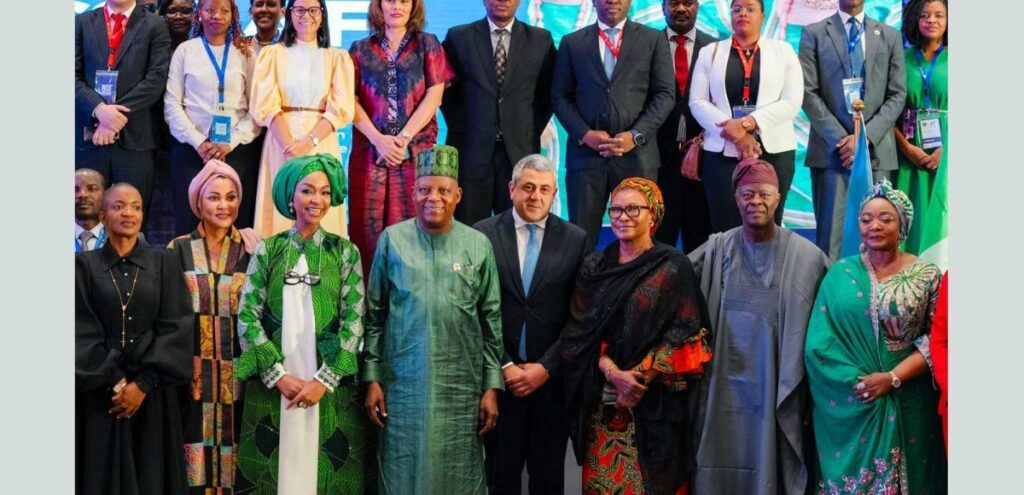The United Nations Regional African Commission on Tourism (CAF) has brought together tourism leaders, government officials and stakeholders from the creative sector to chart a future in which tourism promotes permanent and inclusive development across the region. The event attracted over 300 delegates, including 18 tourism ministers, reflecting high levels of support for the UN tourism work and the vision for the region.

Director-General Zurab Pololikashvili held the 68th session with a call to act based on partnerships and progress. Looking back on his first visit to Abuja in 2018, he said, “Progress is built on partnerships, and the African story is one of resilience and renewal.” He reaffirmed his commitment to Africa's agenda, driven by streamlined protocols, digital innovation and targeted skills development, and praised the rapid recovery in regional tourism driven by tourism for inclusive growth.
The sharing progress was celebrated
In Abuja, members of the United Nations Tourism Authority in Africa have been given a thorough overview of the progress made in advance of shared goals since the last meeting of the Regional Commission. The key highlights of this sharing progression are:
The launch of an office on thematic African innovation, and its partnership with Morocco, is designed to promote investment, capacity building and digital transformation in tourism. As a driver of culture-driven tourism, visitor engagement and local livelihoods, he focuses on the creative industry, music, film, fashion and cooking. Advances in education and youth empowerment, including new courses, academy launches in Zambia and Zimbabwe, and vast training and entrepreneurship programs.
“Tourism can become a platform ladder for poverty and leadership,” Pololikashvili said it encouraged further investment in digital literacy, vocational training and youth entrepreneurship, especially for women and marginalized communities.

The key role of African member states in UN tourism
In Abuja, African member states have performed legal duties in elections on key positions that will advance the work of UN tourism over the next few years.
GOLA; Kenya; Seychelles; Zambia; Zimbabwe serves on the UN Tourism Executive Council (2025-2029), while Nigeria and Zimbabwe serve as Vice Presidents of the UN Tourism General Assembly (2025) Zambia serves as chair of the Africa Regional Committee (2025-2027).
In the future, the Seychelles will hold the 69th meeting of the United Nations Tourism Commission in Africa (Date TBC). Cabo Verde will be holding an official celebration of World Tourism Day 2027.
Innovations to shape the future of Africa's tourism
This week's discussion highlighted a common vision of tourism led by Africans, fostering innovation and being led by Africans rooted in cultural identity. The representatives emphasized that technology and artificial intelligence must first serve people by expanding access to markets, mitigating travel and strengthening ethical standards.
On the sidelines of the 68th CAF conference, UN Tourism held a technical workshop on AI and innovation for local officials to form tourism and creative industries. The discussion focuses on putting AI tools and innovation at the forefront of tourism development across Africa, as well as supporting education and entrepreneurial skills for growth, and supporting the importance of public-private partnerships.


